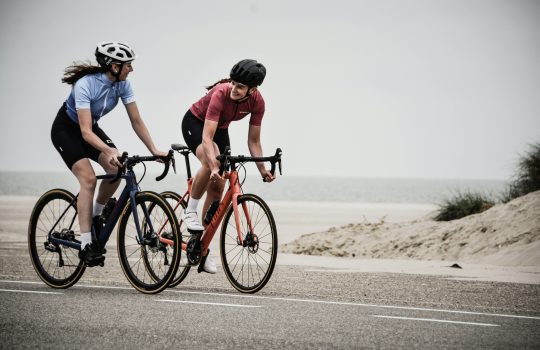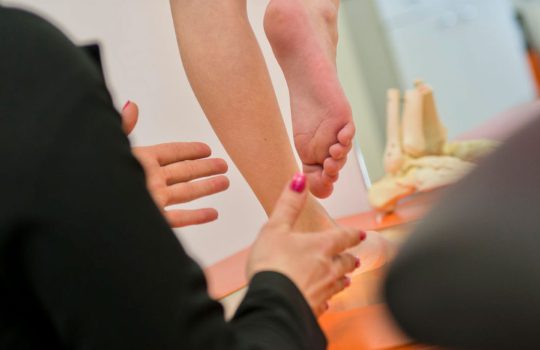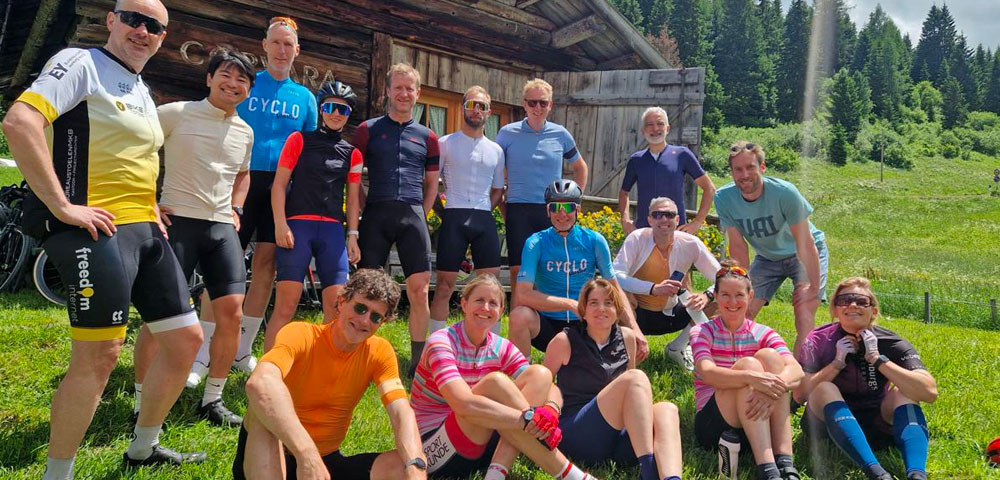Hellup I don't have time for cycling!
You are in the middle of life as a working father or mother. In the morning you take your children to school. At the end of the afternoon you pick up the children from daycare. After dinner, the family members would like to chat with you for a while. And finally, your boss also wants that presentation to be finished tomorrow morning. When can you go cycling? Hellup!
There is no 'work life' or 'private life' is. There is just your life.
Before you know it you are completely exhausted and you no longer feel like exercising at all. You are nasty to your family and sit listlessly on the couch, zapping in front of the TV. How do you keep your busy life in balance? Before you can start thinking about cycling, that is the question that must be answered first.
Balance
The website sochicken.nl shows how important balance is and how you can achieve this, using a nice comparison with a mountain goat. Balance is the magic word for many of our problems. Mountain goats are good at it, we are less so. We strive for it, but we never seem to get there. Realize that there is no 'work life' or 'private life' is. There is just your life. The balance between work and private life is usually about the lack of free time. Or about it lack of energy to use that scarce free time in a good way (i.e. cycling). Become better at life and learn to distribute your energy, manage your time more intelligently and enjoy yourself better. How do you do that?
By doing less, you become a project minimalist. The more balls you have to keep in the air, the harder it becomes to stay balanced. Look for ways to save time that leave you time and energy to cycle. However, balance is not just a matter of doing less. It is also a matter of better/more planning. The better you learn to plan, the more balls you can hold up. Implementing a plan provides peace and control.
Want to know more about balance? https://sochicken.nl/balans-werk-en-prive
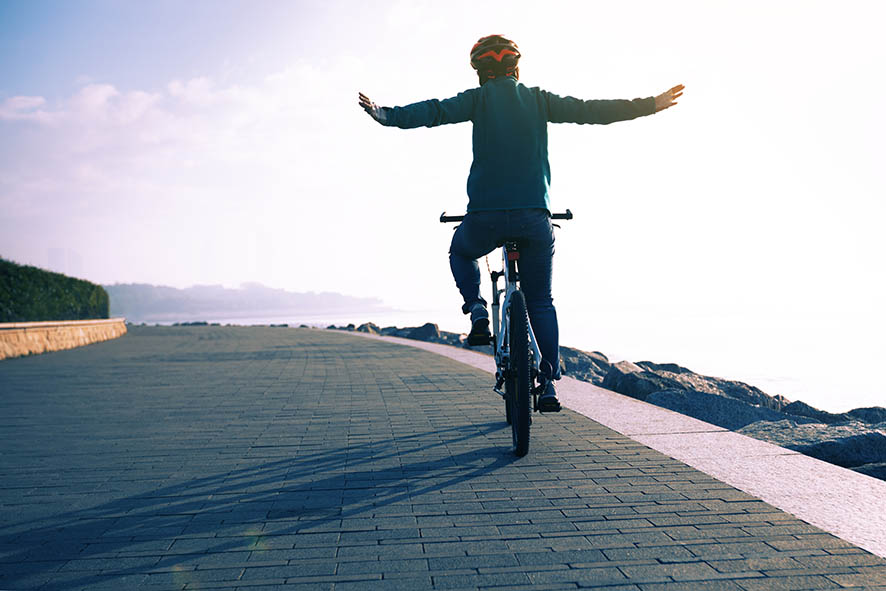
Ok, the peace and control are back and you have accepted that there is no work life and private life is, but just one life. In that one life you work 32 hours, you have a partner and two children in the age category 8-14 years. There are of course household chores, children have to play sports, but you also want to play sports yourself. You want to exercise at an acceptable level and not just exercise to stay somewhat fit. In short, after planning all the activities, there are still about 8 hours a week left for cycling. How do you do that as efficiently as possible? I went to Melvin Keppel from Rhino Sportzorg with this case.
Schedule
Whether high-level performance is possible with 8 training hours a week depends greatly on your VO2max*. If it is high, you can reach a significant level with 8 hours of training a week. If the VO2max is low, you will not cycle very hard even with 20 hours of training, Melvin explains. Training without guidance is difficult for many cyclists. Melvin: “A trainer who watches is recommended. An outsider can better put things into perspective and keep an eye on whether the balance between work/life/sport is good. Sometimes a coach can motivate you better to take a week of rest. Spend a little more time with the family and train a little more another week.”
When giving 8 training hours, Melvin recommends not planning too many training moments. A training week could look like this.
- Tuesday an interval training (VO2max) of 60 minutes
- Wednesday a recovery training of 30-60 minutes
- Thursday an interval training (threshold**) of 60 minutes
- Saturday or Sunday an endurance training of 180-240 minutes
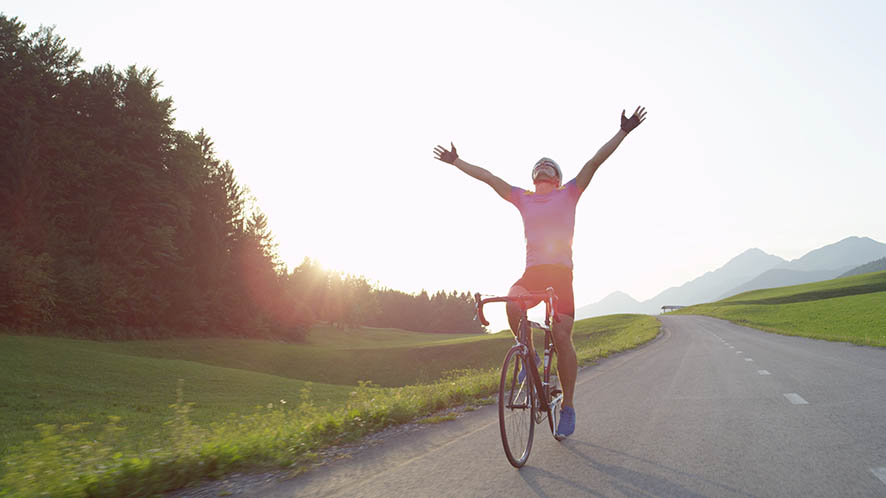
Form peak
In 2×6 weeks you can work towards a peak form with the above schedule. Do you really want to peak at the right time and know what you are doing? Then look for a trainer who can guide you. You can of course figure everything out yourself, but it is certainly advisable to have your values (VO2max and threshold) determined by means of an exercise test. This is the only way you can peak with a personal training schedule.
Finally
Even if the planning is in order, over-fatigue lurks. Melvin: “Take your rest and recovery as seriously as you train. For many people, thirty minutes of sleep is better than thirty minutes of training. Sleeping for half an hour and cycling for half an hour is good training. In addition, spend 10-15 minutes a day taking care of yourself. Think of massages, meditation, core stability. Practicing another sport is also good for the body. For example cross training or running. It doesn't immediately make you feel better about cycling. But doing something different keeps the body in balance.”
*VO2max: mm of oxygen per kg body weight
** Threshold: heart rate at which the body starts to acidify (tipping point)
This article previously appeared on Fietssport.nl
